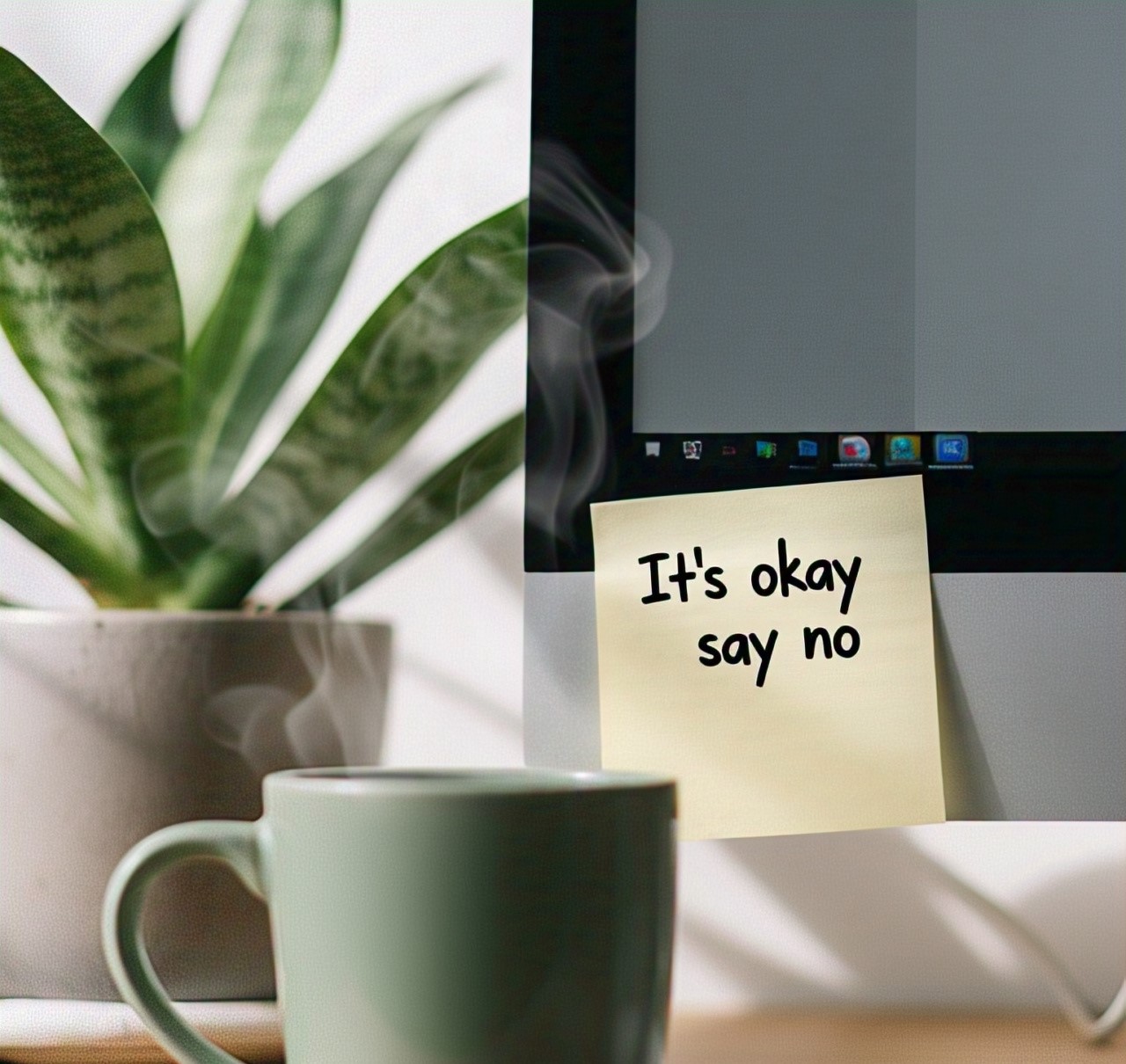One of the most powerful tools for personal growth is learning how to say “no.” But let’s face it—saying no can feel like a challenge, especially when we worry about disappointing others. We’re taught to be nice, to please people, to say “yes” to every opportunity. But here’s the truth: you can’t pour from an empty cup.
Setting boundaries is crucial for maintaining your mental health and well-being. Saying “no” doesn’t make you selfish; it makes you self-aware and intentional with your time and energy. Here’s how to say no without feeling guilty:
1. Recognize That Saying No is a Form of Self-Respect
When you say yes to things that drain you, you’re essentially saying no to your own needs. Learning to say “no” is an act of self-respect and a way to honor your own limits. It’s a way of saying, “I value my time and energy.”
Quick Tip:
Before agreeing to something, ask yourself, “Will this bring me joy or drain me?” If the answer is “drain,” it’s okay to say no.
2. Understand That You’re Not Obligated to Explain
Many of us feel the need to justify our decisions when we say no. You don’t owe anyone an elaborate explanation. A simple, kind but firm “I can’t commit to this right now” or “That doesn’t work for me” is all you need.
Quick Tip:
Practice your “no” in front of a mirror until you feel comfortable. The more you practice, the more confident you’ll become.
3. Set Clear Boundaries Early On
One of the best ways to avoid feeling guilty is to set boundaries early in relationships or situations. If you know your limits, communicate them clearly. Let others know what you’re available for and what you’re not.
Quick Tip:
When someone asks for a favor, instead of automatically agreeing, give yourself time to think. You can say, “Let me check my schedule and get back to you.”
4. Remember That Your Time is Valuable
Time is our most precious resource. Saying yes to everything means you’re spreading yourself too thin. Prioritize the things that truly matter to you—whether it’s self-care, time with loved ones, or focusing on your goals. Remember: your time is valuable.
Quick Tip:
Every time you say no, remind yourself that you’re making space for something more important. Whether it’s rest, creativity, or focus on your personal goals, you’re investing in yourself.
5. Release the Guilt
Feeling guilty when you say no is normal at first, but release the guilt as soon as you can. It’s important to remember that you can’t be everything to everyone. You’re allowed to protect your time and energy.
Quick Tip:
Next time you feel guilty, ask yourself, “Did I say no because I need to honor my time, my energy, or my goals? If so, I made the right choice.”
Final Thoughts
Building unshakable self-confidence doesn’t happen overnight, but with consistent effort, you’ll start to see shifts in how you perceive yourself and your abilities. Embrace your strengths, face your fears, and stop comparing. Confidence grows when you believe in your ability to evolve. Final Thoughts
And when it comes to setting boundaries—don’t be afraid to say no. Saying no isn’t selfish; it’s an act of self-care, and you are worthy of that care. Say no when it feels right, and trust that you’re making room for what truly matters in your life.
Remember: confidence and boundaries go hand in hand. Own your worth, respect your limits, and watch as your confidence grows unshakable.
Let me know if you need any additional tips or guidance on building confidence or setting boundaries in the comment section.
